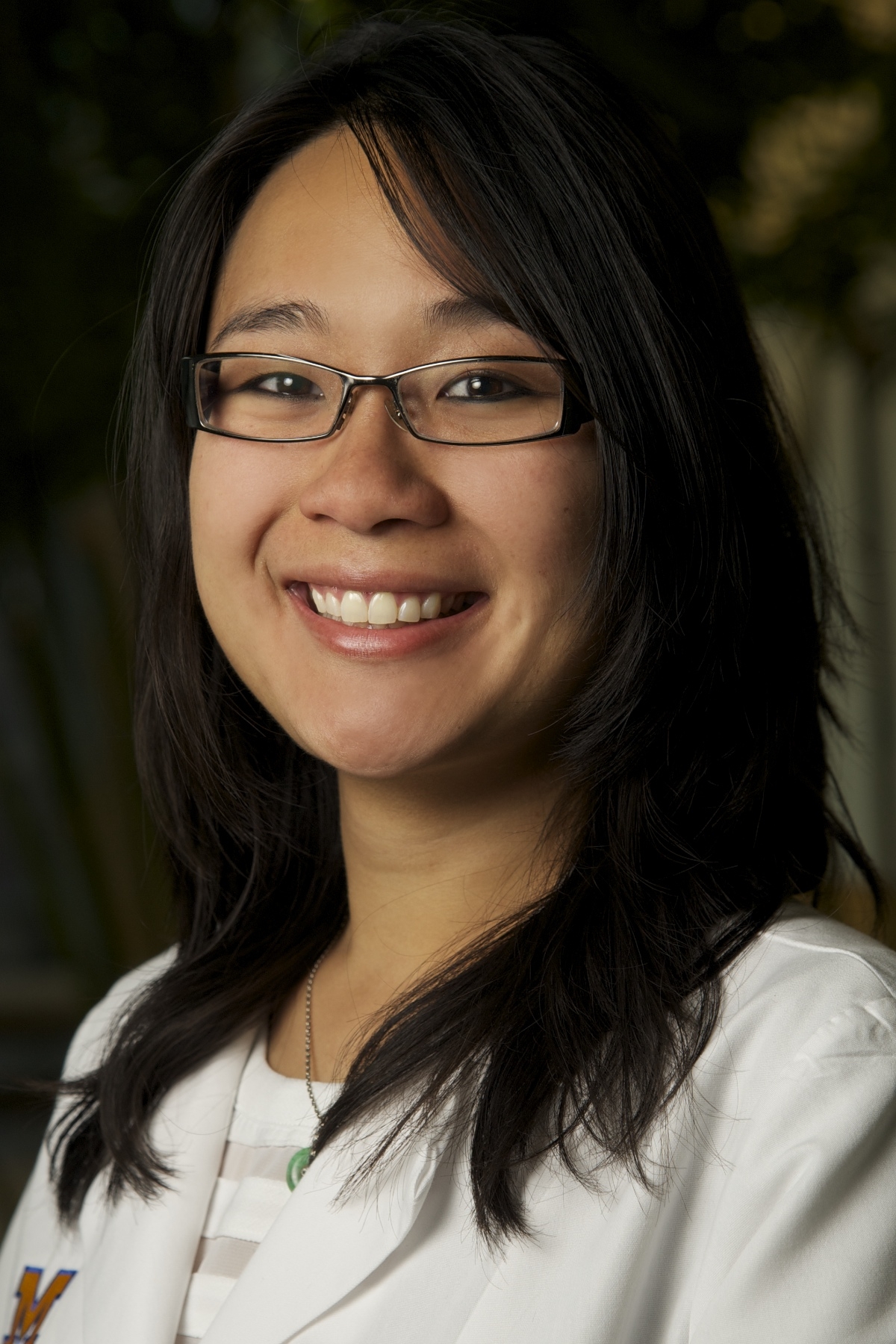
Enhancing the Evaluation of Mesothelial Proliferations in Effusions
Madelyn Lew, MD |
Effusion specimens containing mesothelial cells with architectural and/or cytologic atypia have traditionally been difficult for cytopathologists to clearly delineate as benign mesothelial proliferations or mesotheliomas. However, new ancillary studies are now readily available to enhance the diagnostic accuracy of effusion cytology in the evaluation of mesothelioma. This archive will review advantages and pitfalls of morphologic, immunohistochemical, and molecular assessments in the evaluation of mesothelial cells in effusion cytology.
Target Audience
This educational activity is designed for pathologists, cytopathologists, cytotechnologists, students and other members of the cytopathology community.
Learning Objectives
- Recognize different morphologic and cytologic features of mesothelioma.
- Understand the sensitivity and specificity of available immunohistochemical and molecular ancillary studies in the evaluation of atypical mesothelial proliferation.
- Interpret and apply ancillary studies to enhance diagnostic accuracy in the evaluation of atypical mesothelial proliferations.
Madelyn Lew, MD
Associate Professor of Pathology
University of Michigan
Ann Arbor, Michigan
The presenter has no conflicts of interest or financial relationships to disclose.
Continuing Medical Education (CME) Statement
The American Society of Cytopathology is accredited by the Accreditation Council for Continuing Medical Education to provide continuing medical education for physicians. The American Society of Cytopathology designates this enduring educational activity for a maximum of 2.0 AMA PRA Category 1 Credits™. Physicians should only claim credit commensurate with the extent of their participation in the activity.
American Board of Pathology Maintenance of Certification (CC)
This product can help fulfill the CME requirements and Self-Assessment Modules (SAMs) mandated by the American Board of Pathology Continuing Certification (CC) process. Earn up to 2.0 SAM Credit Hours.
Continuing Medical Laboratory Education (CMLE)
The ASC designates this activity for a maximum of 2.0 Continuing Medical Laboratory Education (CMLE) credit hours for non-physicians. The CMLE credit hours meet the continuing education requirements for the ASCP Board of Registry Certification Maintenance Program. Participants should claim only the credit commensurate with the extent of their participation in the activity.
Cytotechnologists with Licenses in Florida and California
This program is approved for 2 continuing education credits in the State of Florida and 1 in the State of California. The credit on each link is good for three years from the live presentation date.
Available Credit
- 2.00 AMA PRA Category 1 Credit™
- 1.00 California Credits
- 2.00 CMLE
- 2.00 Florida Credits
- 2.00 MOC II
- 2.00 Participant

 Facebook
Facebook X
X LinkedIn
LinkedIn Forward
Forward